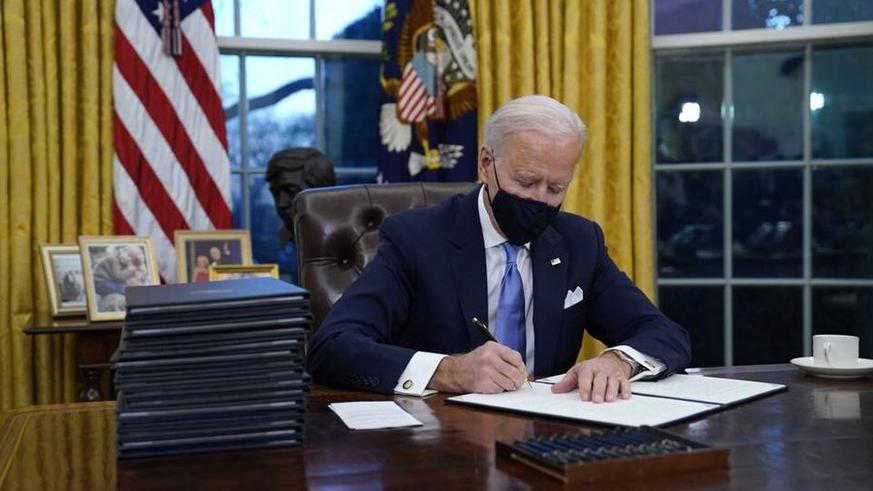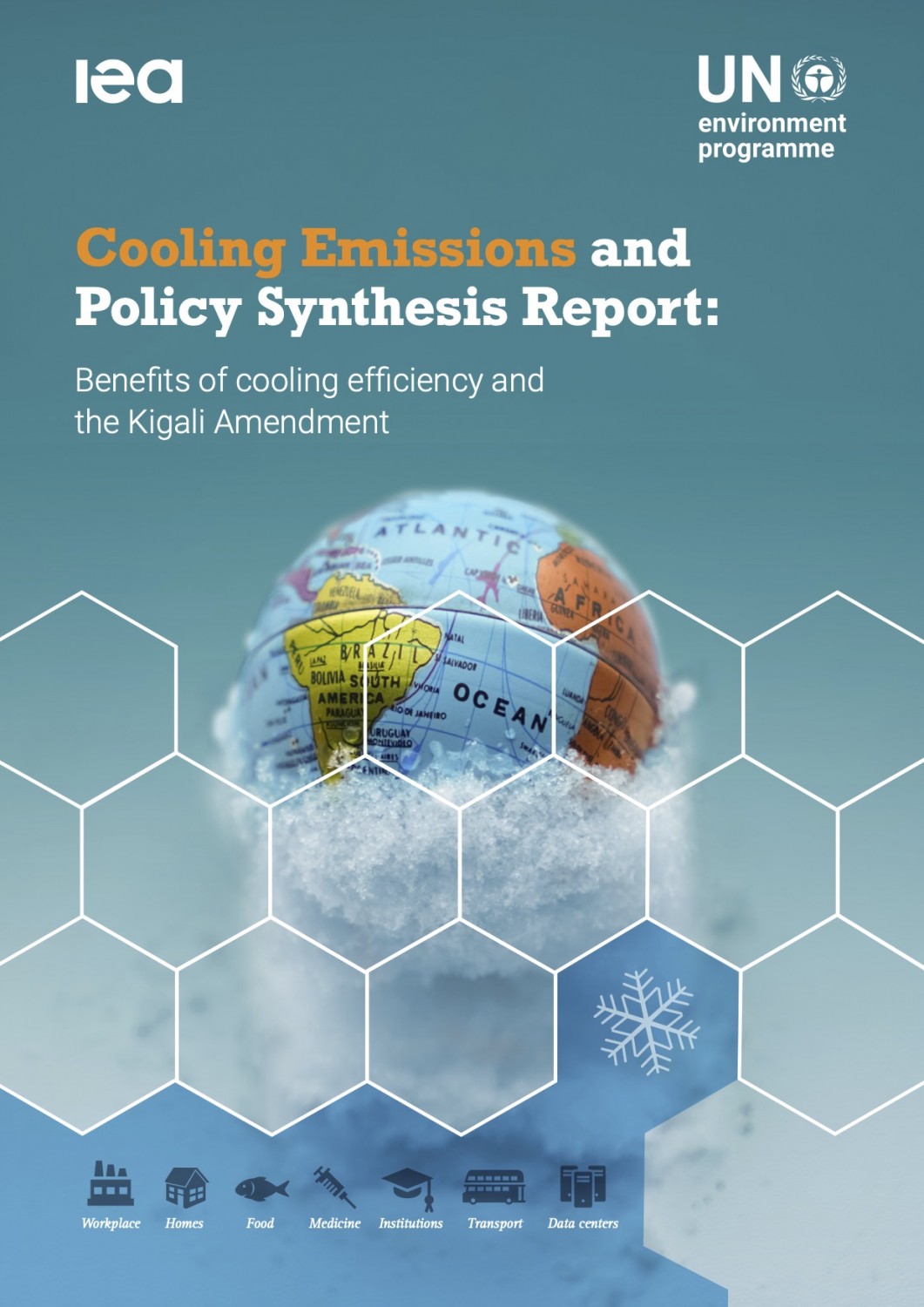
Most world leaders who spoke this morning at President Joe Biden’s Leaders’ Summit welcomed the U.S. back to the climate fight. Many world leaders echoed President Biden’s science goal of limiting warming to 1.5 °C, and many shared the president’s focus on the decade of action to 2030.
- Press Releases







